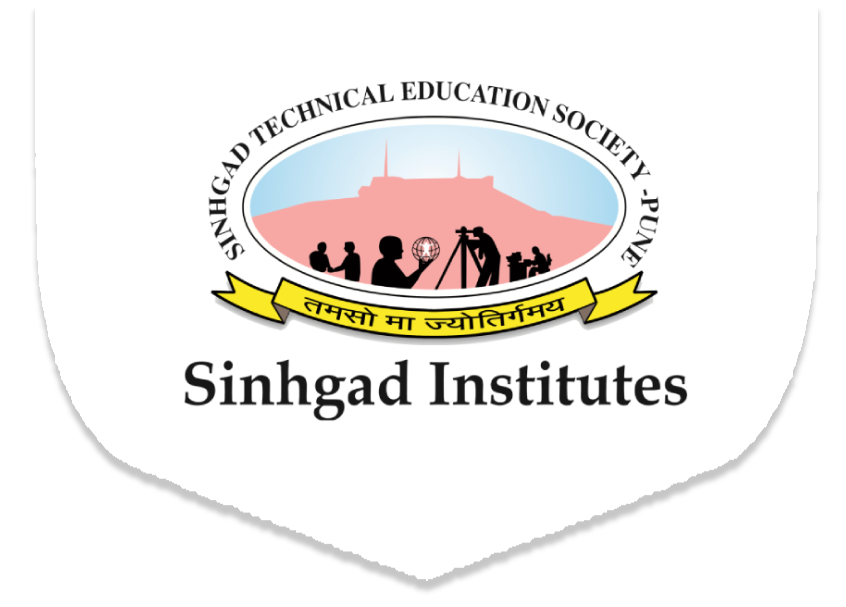INFORMATION TECHONOLOGY
PROGRAM EDUCATIONAL OBJECTIVES
The students of Information Technology course after passing out will
- Graduates of the program will possess strong fundamental concepts in mathematics, science, engineering and Technology to address technological challenges.
- Possess knowledge and skills in the field of Computer Science & Engineering and Information Technology for analyzing, designing and implementing complex engineering problems of any domain with innovative approaches.
- Possess an attitude and aptitude for research, entrepreneurship and higher studies in the field of Computer Science & Engineering and Information Technology.
- Have commitment to ethical practices, societal contributions through communities and life-long learning.
- Possess better communication, presentation, time management and team work skills leading to responsible & competent professionals and will be able to address challenges in the field of IT at global level.
PROGRAM OUTCOMES
The students in the Information Technology course will attain:
- an ability to apply knowledge of computing, mathematics including discrete mathematics as well as probability and statistics, science, and engineering and technology;
- an ability to define a problem and provide a systematic solution with the help of conducting experiments, as well as analyzing and interpreting the data.
- an ability to design, implement, and evaluate a software or a software/hardware system, component, or process to meet desired needs within realistic constraints;
- an ability to identify, formulate, and provide systematic solutions to complex engineering problems;
- an ability to use the techniques, skills, and modern engineering technologies tools, standard processes necessary for practice as a IT professional;
- an ability to apply mathematical foundations, algorithmic principles, and computer science theory in the modeling and design of computer – based systems with necessary constraints and assumptions;
- an ability to analyze the local and global impact of computing on individuals, organizations and society;
- an ability to understand professional, ethical, legal, security and social issues and responsibilities;
- an ability to function effectively as an individual or as a team member to accomplish a desired goal(s);
- an ability to engage in life – long learning and continuing professional development to cope up with fast changes in the technologies/tools with the help of electives, professional organizations and extra – curricular activities;
- an ability to communicate effectively in engineering community at large by means of effective presentations, report writing, paper publications, demonstrations;
- an ability to understand engineering, management, financial aspects, performance, optimizations and time complexity necessary for professional practice;
- m. an ability to apply design and development principles in the construction of software systems of varying complexity.
